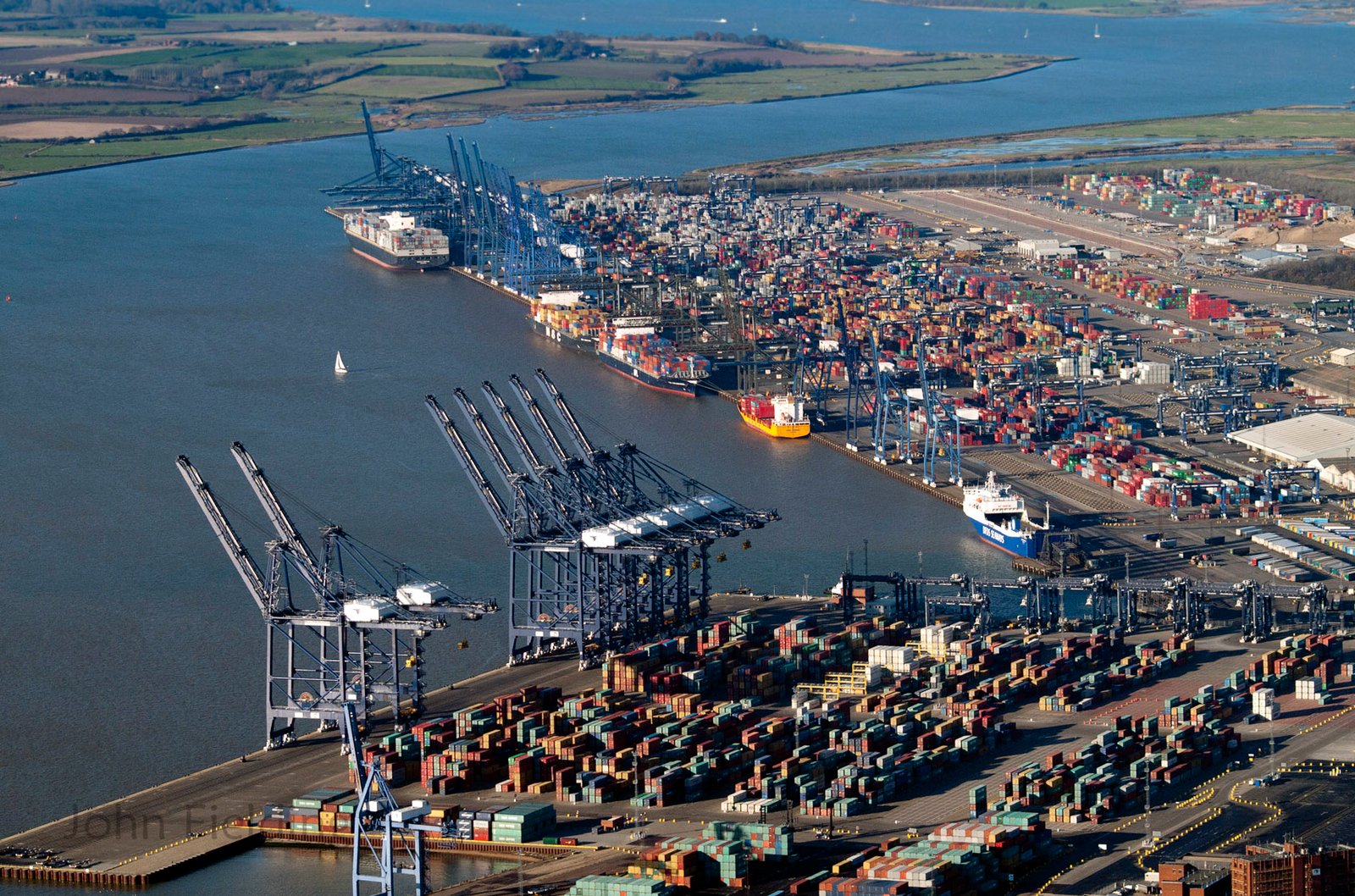HIGHLIGHTS
- The overall tonnage of products at ports reached 103.9 million tons in the first quarter of 2021 (down 9% from the same period last year), and traffic volume reached only 4.2 million units (down 13 percent ).
- It is projected that cargo volumes at UK ports would begin to recover by 2026, but it will be difficult to return to pre-pandemic levels of productivity.
- The main cause for the significant decline in cargo volume at British ports following Covid-19 is the substantial increase in demand for consumer goods and some other products such as construction materials in the UK.
FULL ARTICLE
Cargo traffic into the port has significantly decreased
For the first time since 1983, cargo throughput at UK ports has dropped the most. According to Drewry Maritime Advisors, a British maritime research and consultancy organization, the volume of commodities moved at UK ports this year is estimated to be just around 408 million tons (down 13.5 percent compared to 2019).
According to data from the UK Department for Transport (DfT), the overall tonnage of products at ports reached 103.9 million tons in the first quarter of 2021 (down 9% from the same time last year), and traffic volume was only 4.2 million units (down 13 percent ). Total tonnage and traffic volume both increased during the same period in the second quarter.

It is expected that cargo volumes at UK ports will begin to recover by 2026, but returning to pre-pandemic levels of output will be difficult. The reason is attributed to the continued decline in demand for petroleum products as the UK implements carbon-cutting plans in accordance with its COP26 commitment to combat climate change.
The crisis has its origins in…
First, in the second half of 2021, global supply chain issues combined with driver shortages generated major congestion at UK ports. Up to 11,000 containers holding PPE supplies are stalled at Felixstowe’s container yards, for example.
Furthermore, decreased energy consumption has resulted in decreased oil output in the North Sea. Meanwhile, the North Sea plays a major part in UK trade, accounting for a third of all seaport production.

Another factor is the United Kingdom’s decision to quit the European Union (EU). The UK has suffered logistical challenges as a result of border checks carried out at EU ports under the Brexit deal. This has culminated in the downfall of a significant number of goods.
However, the significant surge in demand for consumer goods and other products such as construction materials in the UK following Covid-19 was the primary cause of the significant decline in cargo volume at British ports.
According to numerous studies, the reduction in output happened primarily at private-sector-owned ports. To improve future freight flows, the UK government should support businesses to invest in green infrastructures, such as employing electric power to lower the carbon footprint of transportation equipment.
Huyen Tu
China: Iron ore prices expected to soar as the economy stabilizes













